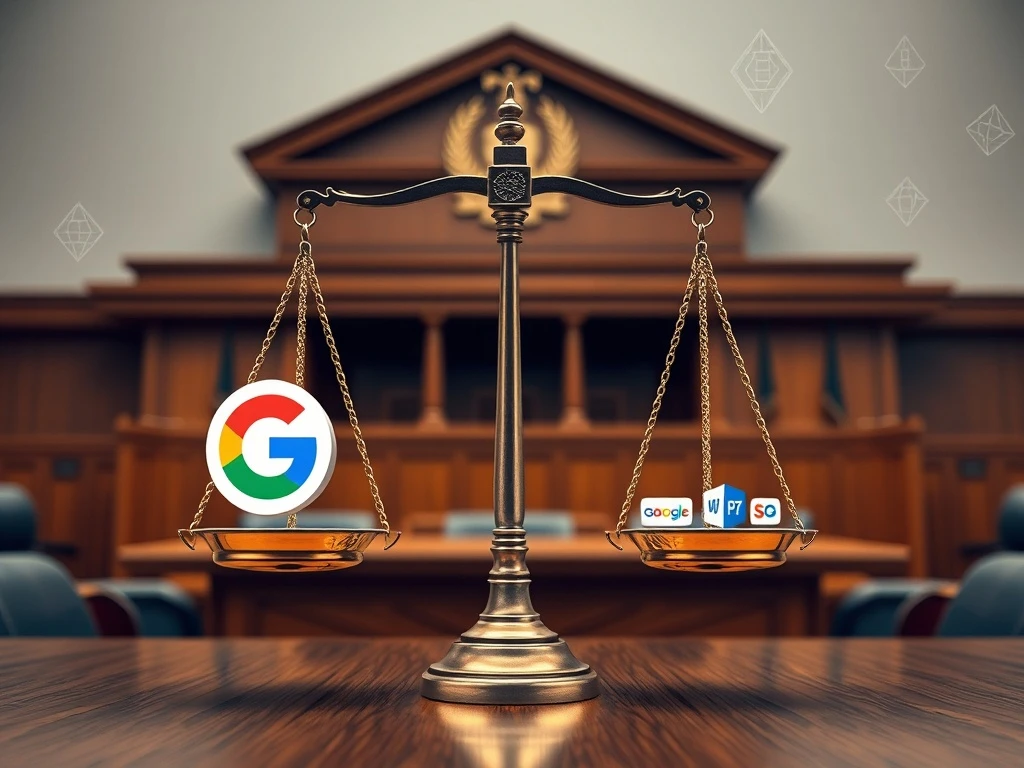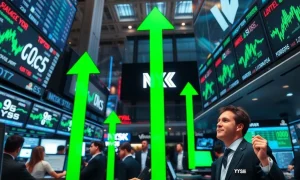In a landmark decision that sent shockwaves through the tech industry, Google has successfully avoided a forced breakup in the monumental Google antitrust case while agreeing to significant concessions that will reshape digital competition. This ruling represents a pivotal moment for technology regulation and market fairness.
Google Antitrust Case Delivers Mixed Verdict
Federal Judge Amit Mehta ruled that Google will not need to divest its Chrome browser or Android operating system. However, the tech giant must now share search data with competitors and abandon exclusive contracts for its services. This Google antitrust case outcome balances ecosystem preservation with market competition requirements.
Key Ruling Impacts on Digital Ecosystem
The court acknowledged that forced divestment could damage Google’s integrated ecosystem functionality. Consequently, the ruling focuses on opening access rather than breaking apart established systems. The Google antitrust case decision specifically prohibits exclusive agreements that prevent competitor preloading.
Market Response and Financial Implications
Alphabet’s stock surged 6% following the announcement, indicating investor relief. Analysts described the outcome as regulatory “bark vs. bite,” preserving Google’s business model while addressing competition concerns. This Google antitrust case resolution provides clarity for technology investors.
AI Evolution Complicates Antitrust Remedies
Judge Mehta highlighted how generative AI’s rapid development changed case dynamics. The court avoided rigid solutions that might stifle AI innovation. This Google antitrust case consideration reflects the evolving nature of technology markets.
Future Legal Proceedings and Appeals
The Justice Department continues reviewing the decision and may appeal. Assistant Attorney General Abigail Slater emphasized preventing anticompetitive strategies in AI products. This Google antitrust case could eventually reach the Supreme Court.
FAQs About the Google Antitrust Case
What was the main outcome of the Google antitrust case?
Google avoided forced divestment of Chrome or Android but must share search data and end exclusive service contracts.
How did the stock market react to the ruling?
Alphabet’s stock price increased by 6% following the announcement, reflecting investor approval.
What role did AI play in the court’s decision?
The rapid evolution of generative AI influenced the court to avoid rigid remedies that might hinder innovation.
Can the Justice Department appeal this decision?
Yes, the DOJ may appeal the ruling, potentially bringing the case to higher courts.
How will this affect Google’s business model?
Google maintains its core operations but must allow greater competitor access to its ecosystem.
What changes will consumers notice?
Users may see more search engine options and increased competition in AI-assisted services.








